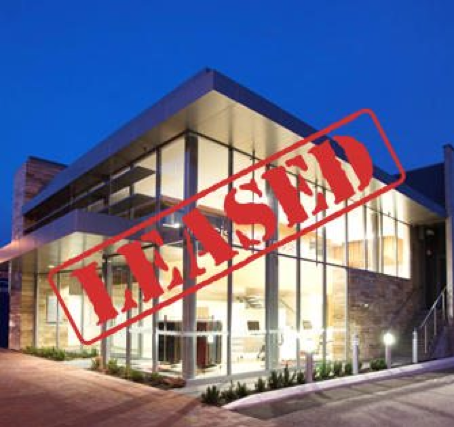Are you looking at leasing a commercial premises?
A commercial lease is a legally binding agreement between a landlord and a business tenant, setting out the rights and responsibilities of both parties for the use of a commercial premises. This arrangement is more complex in comparison to a residential lease since its terms can vary significantly from one lease to another.
Generally speaking, there are two forms of commercial lease arrangements:
1. Retail Lease
In Victoria, retail leases are governed by the Retail Leases Act 2003 (Vic) (Act) . If your lease is deemed to be a retail lease, the Act imposes extra obligations on landlords and affords extra protections to tenants. Those obligations and protections override anything the parties may otherwise have agreed, and can have a significant financial impact upon the parties.
A retail lease must be for “retail premises”, and have a term of more than 1 year, to fall within the operation of the Act.
Retail premises are premises that are used predominantly or entirely for the retail sale or hire of goods or services.
There are numerous benefits to tenants if the Act applies, including:
- The landlord cannot recover certain outgoings from the tenant, such as capital costs and land tax.
- Before the landlord can recover any outgoings from the tenant, it must provide to the tenant a written and itemised estimate of the outgoings the tenant is liable to pay (this must be contained in the prescribed disclosure statement).
- In certain circumstances, the tenant may withhold the payment of rent until the day the landlord provides the tenant with a Disclosure Statement.
- A lease that is under 5 years in duration will automatically have a term of 5 years unless the landlord follows particular procedures set out in the Act.
- The Act voids requirements for a tenant to indemnify the landlord in certain circumstances.
2. Non-Retail Commercial Lease
A non-retail commercial lease, unlike a retail lease, can contract out of the Act. Non-retail commercial leases usually apply to premises that are used as a warehouse, industrial site, or an office in a commercial building with no retail activity. The distinction is in the use of the premises and if any form of buying and selling to the public is to take place at the premises. You should seek professional advice to determine whether your lease is a retail lease or a non-retail commercial lease.
3. Terms Which Your Lease Should Contain
A well-prepared lease agreement should clearly set out:
- Name of parties;
- The commencement date and term of lease;
- Make it clear whether the lease is a retail lease or non-retail commercial lease;
- Renewal options;
- Rental amount to be paid and when rent is to be paid;
- Rent review mechanisms;
- Purposes for which the premises may be used;
- Details of bond requirements;
- Scope and nature of insurances which must be held;
- Obligations and responsibilities of the tenant;
- Obligations and responsibilities of landlord;
- How GST laws apply;
- Whether the lease can be assigned;
- Default provisions; and
- Details of how disputes are to be resolved.
Tenants should ensure that the terms of the lease agreement are consistent with their understanding and business needs. The agreement should outline what the tenant can and can’t do. In particular, the tenant must ensure that premises can be used for purposes of the tenant’s business.
4. Clarity, Certainty and Flexibility
Please keep the following in mind when negotiating your lease.
a. Clarity
The requirements and expectation of tenants are different to those of the landlords. Clarity about liabilities and obligations of each of the parties to the agreement is very important. This will avoid chances of dispute later.
b. Certainty
Leaving vague language in a document in the hopes that an argument could be won later on could be a gamble that could have direct implications on the business of the tenant.
c. Flexibility
A prospective tenant may need flexibility and while this might be costly it is sometimes important to consider. For example, the possibility of terminating the lease earlier than required could be very important from the tenant’s perspective. If such flexibility is required, it should be negotiated early.
The content of this article is only a guide on some of the key issues to keep in mind when entering into a commercial lease arrangement. Please contact Allied Legal’s lawyers in Melbourne should you require legal assistance with such a transaction. We provide free 30-minute initial consultations to help understand your needs. Please contact us when you are ready to seek specialist advice: http://alliedlegal.com.au/contact/






